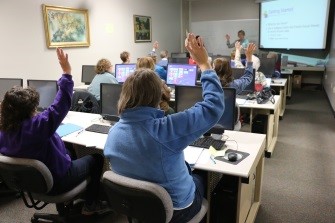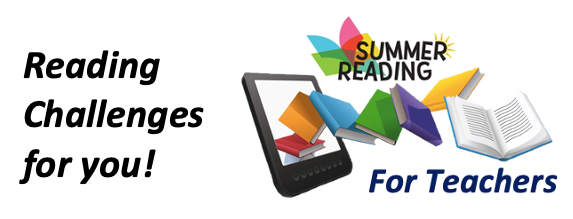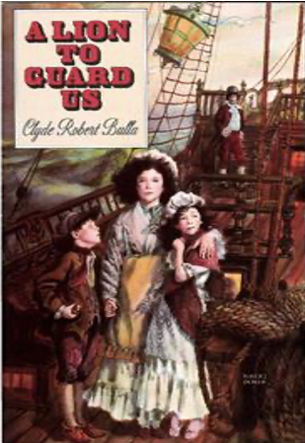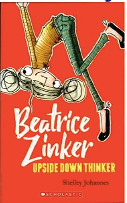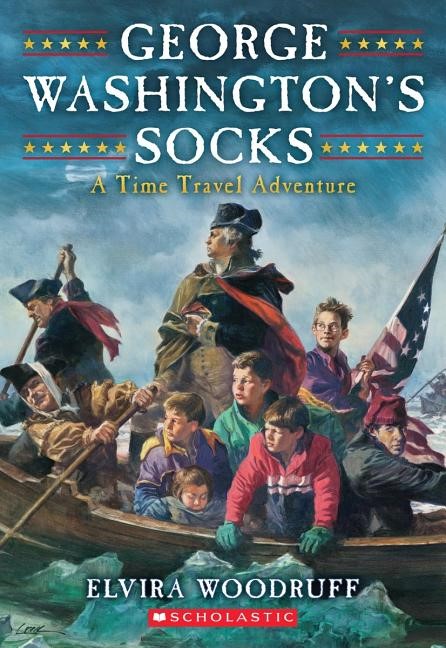Welcome to a new school year: HIGHLIGHTING
Posted by Dr. Cheryl Temple

Last year, the beginning-of-the-month blog focused on different reading programs educators could use with their students to support reading AIM-VA digital files. In 2022-2023, the focus will be on common electronic reading features that students can use to enhance their reading experience. The first one we will discuss is the HIGHTLIGHTING feature available when reading digital text.



